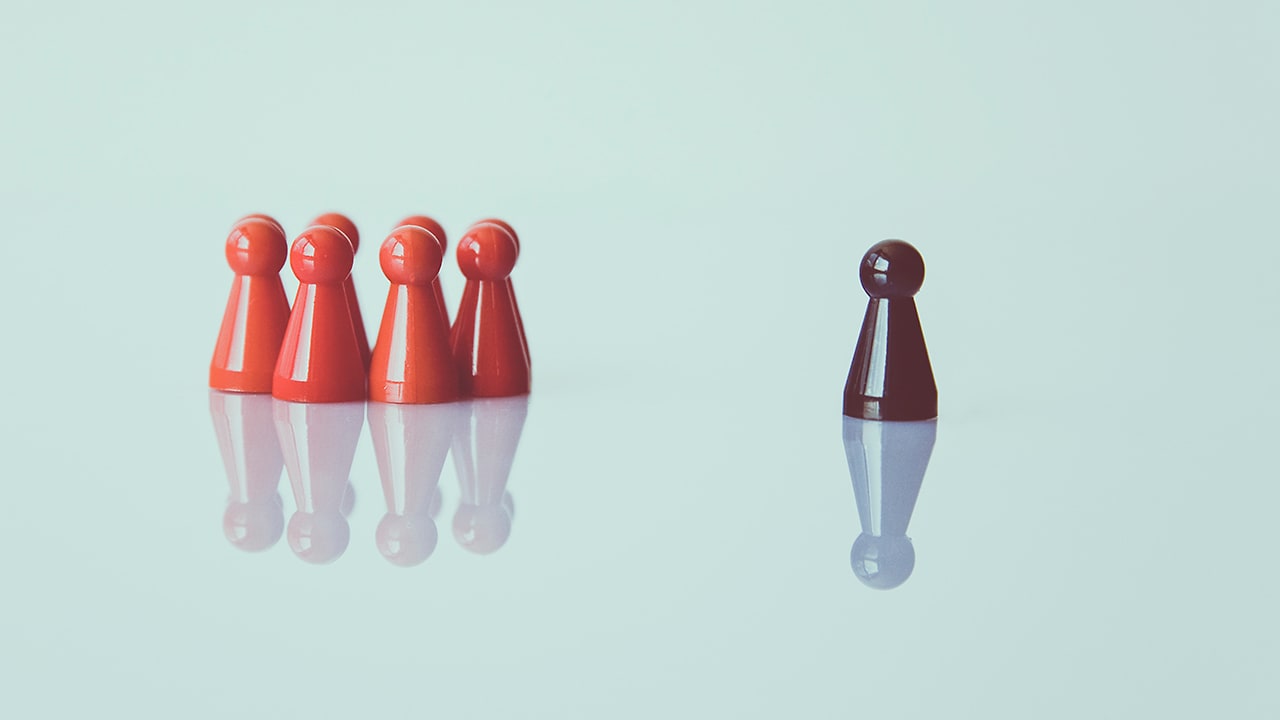
Teamwork vs individualism
Cassandra felt that she was a natural team player but through her 20+ years of education, she had been shaped and formed into an individual performer. She was not only graded on her individual work, but she also had to compete against classmates for good grades. It was “me or them”. And besides, collaboration in school was called cheating! Now that she joined a team, she felt conflicted. She was to share her work, work on documents together and still, wages, bonuses and promotions were going to be based on individual contributions. It was like a tug-of-war and trying to sort this out was very confusing!
We need teamwork
Businesses encourage teamwork because the complexity of our world requires multi-faceted approaches to emerging challenges. Individuals are not going to solve our complex problems; we need diverse opinions to create robust solutions. When people work well together in a team, there is a sharing of knowledge and expertise and a natural co-creation of solutions. In addition, teamwork can increase our feeling of belonging, thus strengthening work morale and motivation.
But we’re driven towards individual contribution
So how does the need for teamwork square with the other messages like:
- You must stand out to progress or to get a promotion.
- Not everyone can be promoted.
- You need to earn your own pay, pay raises and bonuses.
- Credit for success often goes to individuals.
Even our brain’s programming contributes to this tug-of-war
The brain is wired for preferences in one direction or another:
- Our preferences and our brain’s wiring may push us one way or another – some people will naturally be team players and others strong individualists.
- We have a need for belonging that supports teamwork.
- We also have needs for autonomy and status which will support the drive for individualism.
- The brain is wired to keep doing what it has done before; after years of being shaped as an individual performer, it will push us to continue in the same mode.
So how can we shift from individualism to teamwork?
- Start rewarding teams and teamwork rather than having only individual bonus schemes.
- Introduce ‘being a team player’ as a skill or competence that people are measured against.
- Help those with a strong need for autonomy recognise their preference and find out how they can adapt – knowing it might take some extra effort from them. Support them to be a team player.
- Point out that while we may have been rewarded for individual achievement in the past and will continue to in titles and promotions, we need to work with this paradox of team vs individual achievement.
- Find people who have played team sports and learn from them how to develop a sense of team. Or identify a sports team that people appreciate and learn team skills from them. There are several books, for example, about the New Zealand All Blacks and their success as a team.
Leverage the brain’s programming
When trying to develop a sense of team, leverage these innate human drivers. Any of these will provide some brain chemicals that stabilise people and motivate them towards teamwork:
- Belonging – “We are in this together!” generates oxytocin and dopamine that will create a powerful feeling of belonging which people will want to continue.
Read more about Creating a culture of belonging - Certainty – “Here’s how your contribution will be treated” will reduce stress (cortisol) and build feelings of stability and safety.
- Expectations – Generate a positive vision of teamwork which will motivate (via dopamine) people to team up.
- Fairness – Ensure fairness for all team members. Different treatment of team members will backfire. Feelings of unfairness generate cortisol and adrenaline which will result in behaviours that undermine teamwork.
Learn more about the brain’s drivers and the Be SAFE & Certain model
Talk about it
Any time you form a team, remember that there are a lot of forces pulling people to an individual frame. Acknowledging those and discussing them will be helpful. Support teams to have conversations about how they want to work together and how they will manage their independent streaks.
Learn more about how to use neuroscience to support teamwork in our 2014 book, Team Up!
Rewired to Relate

Rewired to Relate is designed to help team members understand their own and others’ drivers and preferences so they can learn to work better together.
Find out more by joining our Rewired to Relate programme which begins on 12 October.
more info